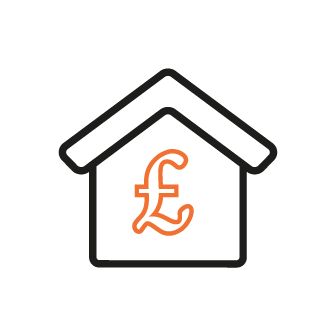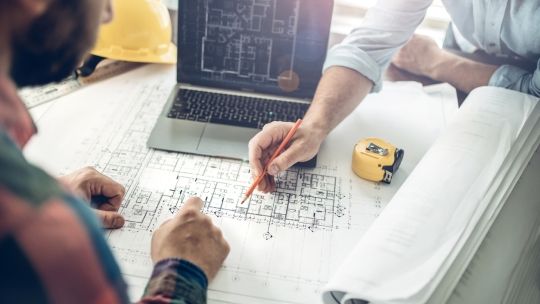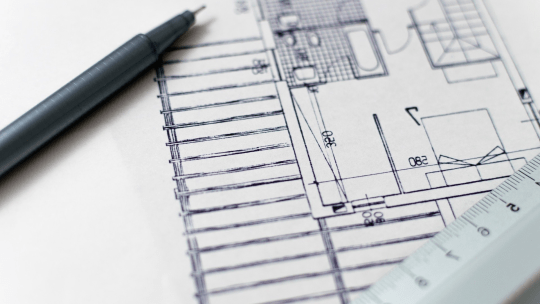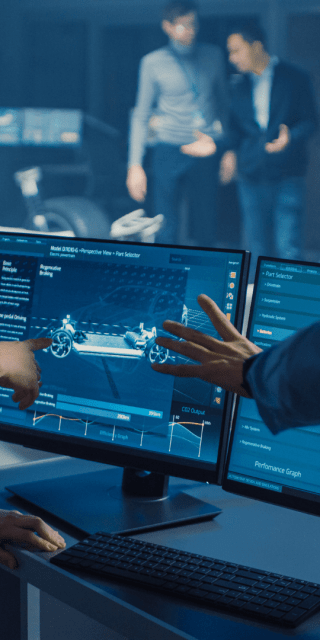
BEng (Hons) Electrical and Electronic Engineering
- Study Mode: Full Time
- Location: High Wycombe
- Duration: Three Years
- Start Date: September 2024
In this high-tech and forward-thinking world, Electrical Engineers are essential to the innovation of our daily lives and the future. With this comes responsibility to minimise the environmental damage currently being done, that’s why sustainability is an integral part of this course.
Whether you’re designing parts of a performance car, a space craft, or a new medical device, you’ll learn the skills to become an engineer capable of imagining and creating ground-breaking products.
Why study this subject?
Electrical and Electronic Engineering (EEE) graduates are in high demand.
This programme allows you to develop the digital and electrical skills you’ll need to become a highly employable engineering professional.
Why study at BNU?
With a history of delivery expert craft, art and design education for more than 130 years, Buckinghamshire New University is the perfect place to start your creative career.
Led by a dedicated teaching team with a wealth of experience within, you’ll benefit from their insider-knowledge and the professional-network they bring with them. Our array of industry practitioners and working alumni will be involved in delivering guest lectures, masterclasses and workshops, site visits and where possible, contribute to the assessment of your work.
Much of what I learnt at BNU has been applied in my career, from Engineering Management, which has been vital when wanting to progress in a business, to the various Electrical and Electronic modules that have given me the skills to be able to design and produce complex electrical systems.George Kingston-Rayes BNU Engineering student

During your three year electrical engineering degree programme you'll learn hands-on practical skills to help you stand out to potential employers. You’ll get to grips with industry-standard equipment including Zero Energy Systems, Power electronics, Machines and Drives, Industry 4.0, Mechatronic, Robotics, PLC and electro-mechanical rigs to provide real-time hands-on experiences - ensuring upon graduation you are prepared for your exciting future career.
Delivered through lectures, tutorials, laboratory and studio-based work, each of the modules you study will help to build your identity and specialist knowledge as an Electrical & Electronic Engineer. You will also work closely with other students across a range of disciplines allowing you to experience the professional structures you will be a part of in the workplace.
Local to the University are high tech business clusters and with London only a short train ride away, you’ll have the opportunity to engage with representatives from industry during your course.
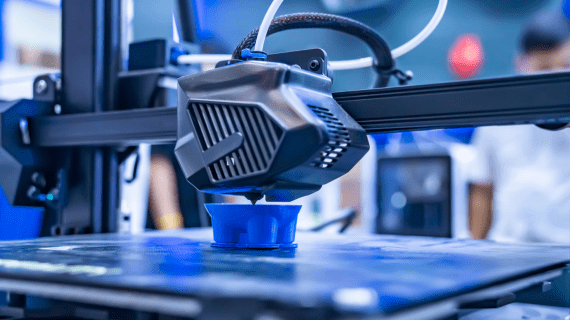
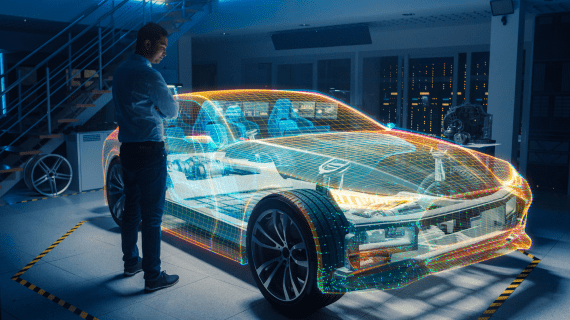
What facilities can I use?
We have a range of state-of-the-art-facilities for you to get hands-on with, here you’ll have access to Digital technologies and industry standard software including Autodesk ECAD and MCAD software, MATLAB Simulink and SolidWorks.
You’ll develop essential skills within our Electrical and Electronic Suite and the Engineering IT Studio, using programmes such as Matlab-simulink, AutoCAD (electrical), 3d Studio Max, Rhino and Photoshop through structured lessons in the IT/CAD suites and studios. You’ll also get hands-on with programming digital assets, 3D printing, robotics and automation, and augmented reality (AR) technology.
What will I learn?
This practical and hands-on 'ee' course incorperates innovation and creativity at every stage of learning. During your time with us you’ll gain an exstensive knowledge and critical understanding of professional ethics, social and cultural values in engineering.
You’ll study the principles, characteristics, control design requirements and applications of instrumentation and power systems used in industry. During your time with us you’ll create, simulate, build and test prototype circuits and systems using printed circuit boards, MATLAB Simulink, LTSpice and electronic laboratory equipment.


Modules are centred around industrial systems, analogue, digital and power electronics with basic engineering.
With a focus on sustainability, you’ll learn skills to help you identify and solve electrical engineering problems, whilst meeting the needs of the industry and the forward-thinking sector.
At all levels of the course, employability skills have been built into the programme to prepare learners to gain work experience and acquire skills to secure employment on graduating. These activities will include practitioner visits, CV preparation, mock interviews, and production of a personal portfolio. Throughout the course you’ll have the opportunity to work on live briefs set by engineering employers, all of which can later be added to your portfolio.
Graduates of this course will be able to use a sound, evidence-based approach in applying innovative technologies, processes and systems and leadership skills to transform ideas into fully functioning real products, individually and working as a team, by meeting client, financial, environmental, quality, statutory and safety objectives.
How will I be taught and assessed?
A range of active teaching methods and authentic assessment strategies will be used during the course, with an emphasis on both practical and traditional teaching approaches. Laboratory sessions and a range of practical activities will build upon previous learning from lectures and tutorials.
Traditional forms of assessment include;
- Written assignments
- Report
- Portfolio and digital models
- In-class assignments
- Computer-based test
- Set Presentations (for example, poster and oral)
- Proposal
- Dissertation
You’ll study in a close-knit tutor group where everyone’s input is recognised and valued. Not only will you make friends for life, you’ll also make important connections that will last through your career, and you’ll form a network, just like you’d find in the working-world.
Stories and news within the School of Engineering and the Built Environment

George's story
Engineering graduate, George Kingston-Rayes, recently shared with us the lessons he learnt at BNU, and how they’ve helped him thrive in the industry.
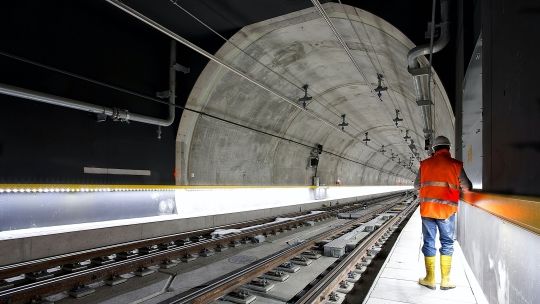
Why choose a career in Engineering?
Engineering is one of the fastest growing and broadest sectors within the UK, meaning it is crucial to our economy and critical that employers find graduates who are ready to step into hands-on and innovative roles.
What are the course entry requirements?
A typical offer will require a UCAS tariff score of: 100 - 128
UCAS points can be obtained through qualifications such as A levels, T levels, BTEC or an Access to Higher Education course in a relevant subject. Please list all your qualifications on the application form as you will be asked to provide copies when we receive your application.
A minimum of two full A-levels, preferably in Mathematics and a Science based subject or 120 credits in an Engineering BTEC at level 3 (or equivalent) is required. T levels should be in Engineering or Construction.
Applications are welcomed from candidates without the formal qualifications outlined above providing 5+ years of relevant industry experience can be provided and discussed at interview.
Every application is considered on an individual basis.
Applicants will need to complete an interview and/or demonstrate a portfolio of work, further guidance is given on the interview and portfolio advice pages.
Applicants with a HNC and/or a Foundation Degree in Engineering (or equivalent) may have the opportunity to join this programme at an advanced entry point in accordance with our accreditation of prior learning (APL) process.
For further details of our international English entry requirements, please visit our international pages.
Modules
This provides a guide of the modules that make up your course. You can find more information about how your course is structured on our Academic Advice section.
What are the tuition fees
Home
-
Home, Academic Year 2023 - 2024: £9,250 per year
-
Home, Academic Year 2024 - 2025: £9,250 per year
International
-
Overseas/International, Academic Year 2023 - 2024: £15,000 per year
-
Overseas/International, Academic Year 2024 - 2025: £15,150 per year
What are my career prospects?
Throughout your time with us we’ll support you on the route to your chosen career. We’ll help you to develop crucial skills, encouraging you to become enterprising, employable and good leaders. We also help you find employment after graduation. Have a look at our Careers and Employability pages to find out more.
Upon graduation, you will be prepared for a range of career possibilities. Using the skills and knowledge learnt on this course, you could find yourself working in industries such as:
- transportation industries: such as rail, aeronautical and automotive, & infrastructure engineering
- services
- product design
- scientific and research industries
- advanced manufacturing
- clean energy oil and gas industries
- aerospace
- computing & IT
- engineering consultancy & services.
You may also choose to stay on at Buckinghamshire New University and study a postgraduate programme.
Course leader





